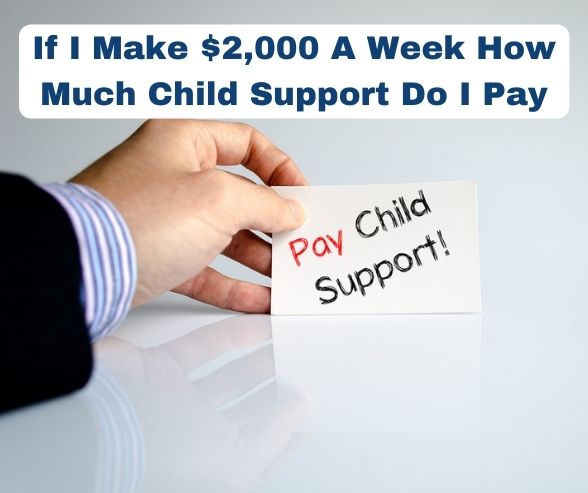You can calculate the amount of child support you need to pay using a Texas child support calculator. But it’s better to consult an experienced divorce lawyer to represent you in your child support case. Sometimes a court may alter the amount you arrive at through the calculator for a variety of reasons.
What Does Texas Law Say About Child Support?
What Is The Most Child Support Can Take?
 The law provides guidelines that courts can use to arrive at the amount you need to pay for child support. Texas law also determines when you can stop paying child support. Your specific circumstances are some of the factors a court considers when calculating child support.
The law provides guidelines that courts can use to arrive at the amount you need to pay for child support. Texas law also determines when you can stop paying child support. Your specific circumstances are some of the factors a court considers when calculating child support.
The child’s best interests are what the court focuses on primarily to determine what you need to pay. While the law presumes that the guidelines are in the best interests of the child, parents can provide evidence to show that the standard guidelines may not be beneficial for the child.
The court can use other calculations if it the judge is convinced that the guidelines are inappropriate in your child support case.
When Can You Stop Paying Child Support?
You can petition the court to stop the child support payments when:
- Your child turns 18 years of age or graduates highs school
- The child dies
- The child gets emancipated legally or gets married
You may have to pay child support indefinitely if your child has a disability. If the disability is removed, you can file a petition to have the child support order terminated.
How To Calculate Child Support In Texas
The custodial parent or primary conservator is the parent that provides the primary residence for the child. This is the parent that spends more than half of the time with the child and ensures the child’s clothing and food needs are covered. The non-custodial parent pays child support to the custodial parent to ensure that the child’s needs are met.
To determine what the non-custodial parent should pay, the court considers the non-custodial parent’s monthly income. As far as child custody is concerned income is not just the wages or salary you earn but also other sources of income. The monthly income includes sources such as:
- Alimony
- Child support payments for children from a previous marriage
- Disability payments
- Unemployment benefits
- Investments or rental income
- Bonuses and commissions
- Gross income from an employer
- Retirement benefits
Do not include Social Security Supplemental Security Income, foster care payments, and benefits from Temporary Assistance for Needy Families in your calculations.
The court will calculate your yearly income and divide it by 12 to obtain your average gross monthly income. They will then deduct state income taxes, federal income taxes, union dues, and health insurance for your child to obtain your net monthly income.
Paying parents that are unemployed may still have to pay child support. If the court finds that the parent is intentionally underemployed or unemployed, the court will impute an income on that parent based on the parent’s potential to earn an income.